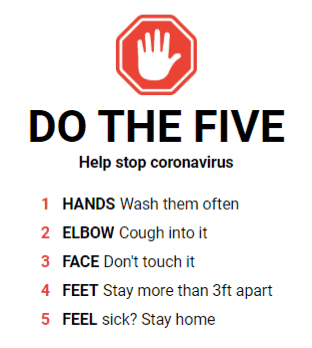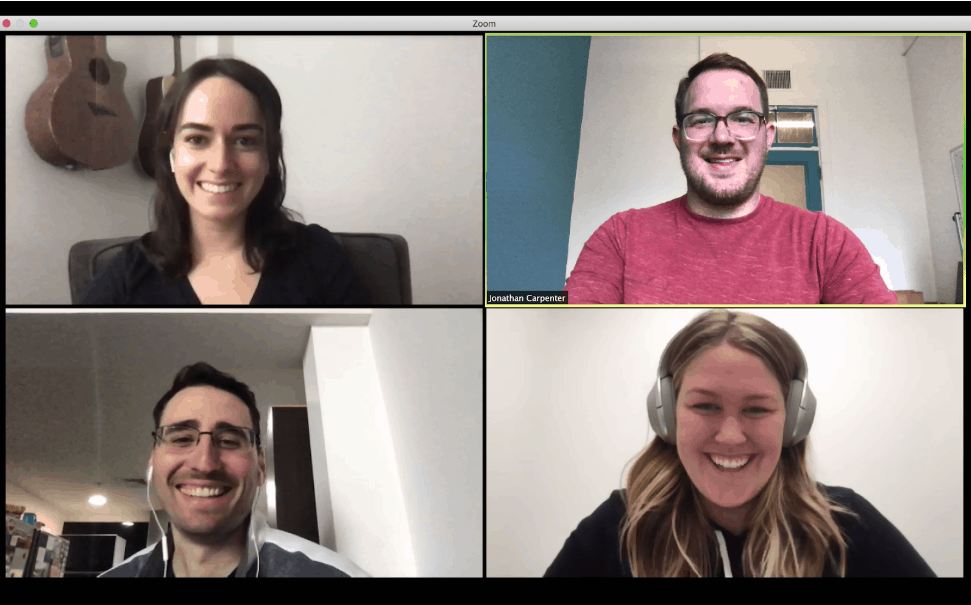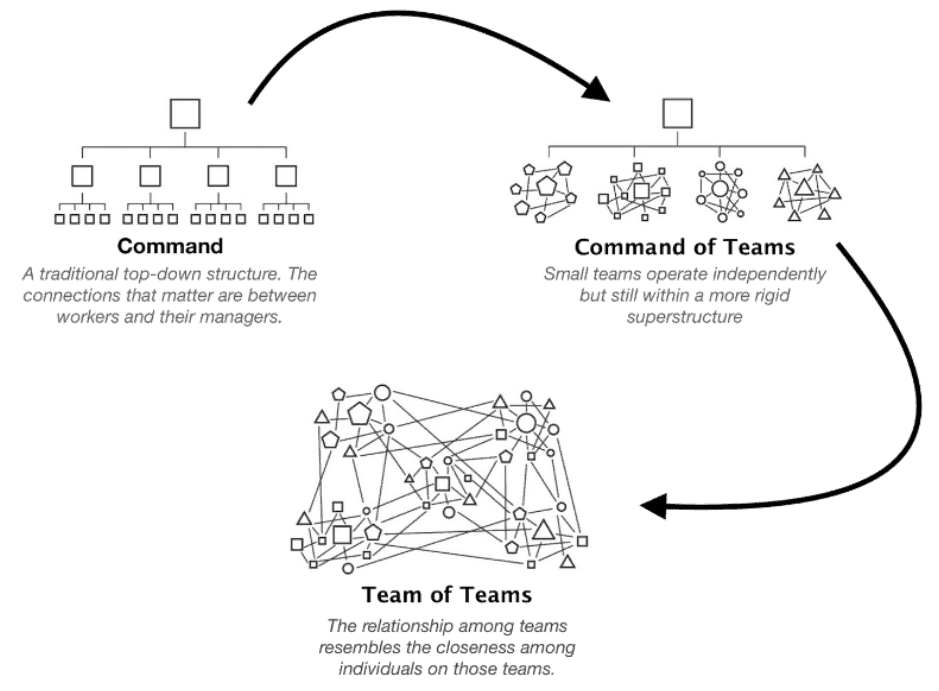


~
In the book “Red Mars” a group of 100 human colonists succeeds in overcoming the challenge of confined spaces, psychologcal isolation, and radiation bombardment as their rocketship travels on a two year journey from Earth to Mars.
Once they arrive on Mars, the real work begins. Shelters need to be secured. Food gets to be grown. Structures for communication need to be set up. The work is never ending and hands are always busy. The 100 Martian colonists soon find that they are battling harsh environmental conditions. The frigid cold forces them to wear reinforced protective equipment. The red landscape is barren and dry. Nettlesome particles of red dust infiltrate their clothes, shelters and vehicles… even their lungs.
However, as harsh as the planetary conditions are, the hardest thing for the settlers to overcome is the psychological burden of their own isolation.
~
Sound familiar?

We at Klein HR Solutions are optimistic and grounded. We believe humanity will find a way through this passing pandemic, however we also believe that the nature of work – and possibly humanity itself – will change. And it is with this outlook that we write this article.
We start with worry.
In these uncertain times, we have a lot of questions. The biggest of which is centered around remote work.
Working From Home
With travel being so limited – some places are even enforced by Marshall Law – how can we rise above cabin fever, stay connected, and keep some semblance of profit going in our businesses?
We Ask Tammy:
“How do we work from home during the Corona virus – and beyond?”
Watch the following video: The Future of Human Resources After Covid-19

Question: From your viewpoint what is the current state of remote work? What demands are you seeing come from clients? How are your most successful clients managing this situation? What skills does the manager managing remote teams need to have in order to successfully lead individuals?
Answer: Remote work is now the way for employers and employees to take responsibility. Businesses are doing the best they can to be productive in very challenging times. I see clients who took this seriously and were early adopters and adapters. We need to limit the spread as we have been told by our President and his team. Not every place of business can provide for a remote situation; this has been very trying especially in many industries who can’t be productive without in person resources. Great companies are trying to stay connected to employees; being honest as best as they can in uncertain times.
Equip Yourself
The first step in any new endeavor should be to equip yourself for the task at hand.
For more on the changing nature of remote work read our blog!

Zoom, the video call platform is now mainstream. Zoom enables teams to see each other, share their screen, chat in the group or send chats privately, and share attached files – all while on the call. The video call can be accessed from your phone, tablet, or desktop. It can be accessed with the option to turn one’s webcam and microphone on and off.
Top Video Call Platforms for 2020
Other competitors to Zoom include
Video Call Etiquette
- Be punctual.
- Introduce yourself by name before speaking.
- Mute yourself when you are not talking.
- Don’t interrupt other speakers. Wait for an opening in the conversation before joining in.
- Do maintain eye contact by looking into the camera. Keep your focus on the camera. (If one person starts to drift away and become distracted, then others are likely to as well. Learn to set an example by being present. The best way of being present is looking into the camera, with your body facing the screen).
- Dress appropriately.
- Think before you speak. And when you speak, do so concisely.
Also, when sending a message, be mindful of the other person’s time as well as your own. Here’s what a typical healthy conversation would look like.
HR Hannah: “Zoom call at 7:00 p.m.?”
Sales Steve: “Cool, I’ll send you the calendar invite. Hit ‘Accept’ for me!”
HR Hannah: “Affirmative. You’re the best.”
In this example, both parties (Hannah and Steve) are concerned for the welfare of their meeting and demonstrate a willingness to connect.
An Invitation
“Don’t call it social distancing. Call it social responsibility.”
The language we use can create separation or respect. Reports from the World Health Organization and CDC urge individuals to keep a distance of 3 feet or more. The term “social distancing” has sprung up which defines “actions intended to stop or slow down the spread of a contagious disease.”
We believe Maya Angelou when she says “Words have power.” And instead of using the word distancing – which carries with it the seed of fear and mistrust and disconnection – we instead urge the readers of this article to use the term “social responsibility.”
Take Precautions
Consumers can connect with healthcare professionals in their local community. This includes doctors, nurses, or any hospital or mental healthcare staff members that you know. These people get first-hand information and are working very hard right now. Do your best to support the local healthcare workers in your network.
We also recommend staying updated with incoming information from the World Health Organization and the Center for Disease Control.
We invite you to do your part to stop the spread.
Tips For Managing Remote Teams
- Don’t spend a meeting doing what you can cover in an email.
- Before starting a Zoom meeting, check in with your intention or agenda. What would you like to accomplish? What is your intention for the call?
- Practice mindfulness. Mindfulness has been shown to boost profits.
- Encourage silent observers (the team-members that tend to hide) to share their thoughts.
- Contact Tammy for to see if she is right for your organization.
What Should I be Paying Attention to as an HR Leader?
For Human Resource professionals seeking more information, we recommend these resources.
- Gallup – Covid Strategies for the Workplace
- Gallup – COVID-19 Has My Teams Working Remotely: A Guide for Leaders
- Gallup – How to Manage the Loneliness and Isolation of Remote Workers

Summary
The human being is highly adaptable. Since the early ages we’ve had to change and evolve. We’ve adapted through the nomadic age when we wandered from continent to continent, hunting down woolly mammoths during the Ice Age. We’ve had to adapt to the agricultural age, where we settled down in the hot fertile Egyptian river basin and subsistence farmed. We’ve adapted to the industrial age using stem and electricity in order to power machines. In the modern era, we learned to augment smart devices into our daily routines. We are now on the cusp of the post-modern digital revolution.
We just didn’t think we’d all be inside when it happened.

